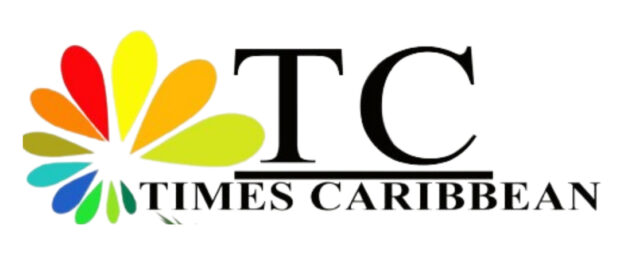CARICOM diversifying, widening links in response to global changes – Secretary-General

The Caribbean Community (CARICOM) is diversifying and widening its foreign policy thrust in response to shifts in balance of powers as well as the dynamic and fluid changes taking place in the global environment.
While it was both challenging and necessary, the Community has also acknowledged and responded accordingly to the management of shared problems in an interdependent world, in the formulation and coordination of its foreign policy.
Those acknowledgements were shared Wednesday by CARICOM Secretary-General, Ambassador Irwin LaRocque as he addressed the opening of the 18th Meeting of the Council for Foreign and Community Relations, underway in Saint Lucia.
Against the backdrop of widening its engagement in response to major shifts in the world, Ambassador LaRocque said the Community was pleased to receive at the Meeting, the Foreign Ministers of Ecuador, Japan, New Zealand and Sweden, as well as representatives of the European Union. In June, the Community will solidify relations with India through the inaugural CARICOM-India Joint Commission. In the recent past, he added, CARICOM Heads of Government have met with leaders of the United States, France, Cuba, Mexico, Japan, China, and Spain.
The Community’s engagements with these countries are indicative of our continuing efforts to deepen existing relations, while simultaneously exploring new ones, all to the benefit of the citizens of the Community. It also demonstrates that several States recognise the growing significance of our foreign policy coordination,” Secretary-General LaRocque stated.
Closer to home, he said the Community had transferred and strengthened its relations with Latin America by coming together, cooperating bilaterally, collectively and institutionally through new arrangements such as CELAC, ALBA and Petrocaribe. Some CARICOM Member States are also active members of SICA and UNASUR.
The Community has already seen results from widening the scope of its foreign policy coordination internationally with regard to using Gross Domestic Product as the principal criterion to ‘graduate’ countries to middle income status, which comes with it denied access to much needed development finance. Secretary-General LaRocque noted that through persistent lobbying on the international scene, highlighting the need for development partners and international financial institutions to factor in the peculiarities and vulnerabilities of small states, the Community had some measure of progress.
The International Monetary Fund (IMF), for example, has started paying greater attention to the special macroeconomic issues facing Small States and their implications for Fund engagement. The United States and Japan have also taken a fresh look at their positions on this issue. This has once again demonstrated the value and strength of our Community acting in concert,” Ambassador LaRocque.
This Eighteenth Meeting of the COFCOR is focusing on a range of issues which form part of the foreign policy positioning of the Community including the foreign policy dimensions of security with specific attention to current and emerging transnational threats.
Transnational threats, organised criminal activities that transcend national borders, are perceived as the greatest threats to the security of our Community. These include, but are not restricted to, illicit trade in drugs, arms and ammunition, money laundering, human trafficking and terrorism.
It is necessary therefore, that the Community bolsters its own security co-operation arrangements to protect our borders from the external elements who ply their trade in weapons and drugs. We must also continue to engage our international partners to work with us in finding ways to counter these threats and activities,” Ambassador LaRocque told the Meeting which concludes on Friday.

Leave a comment
You must be logged in to post a comment.